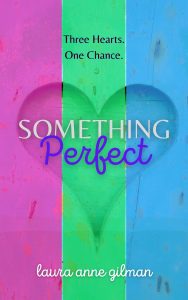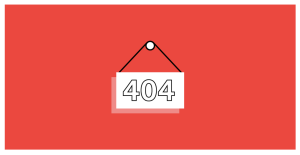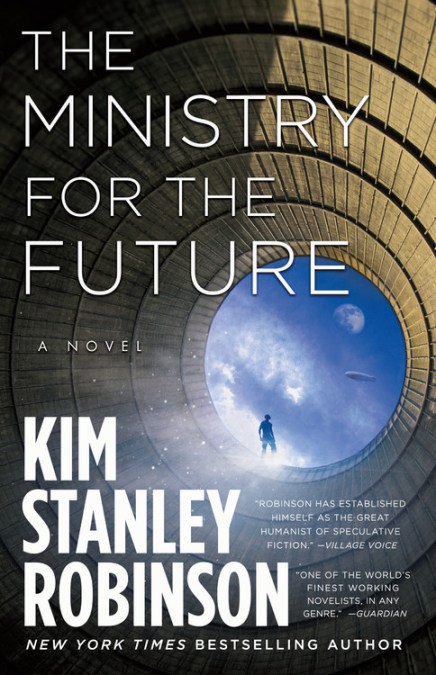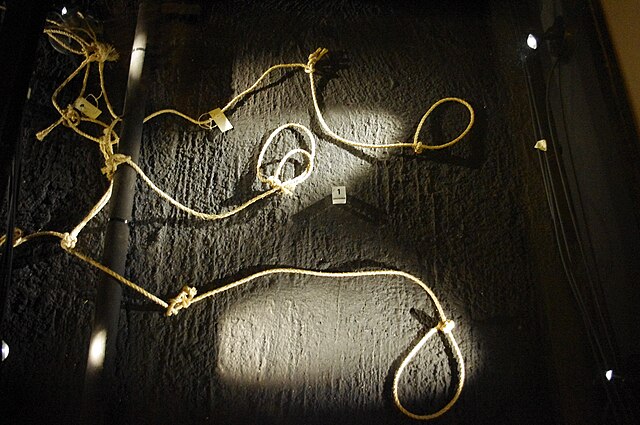There are so many sayings that apply to weeks like this. They involve hope, sacrifice and cute concepts like the way the tough are expected to handle life. The trouble is that life can be too big to handle. This doesn’t mean I escape all the time. I don’t and I can’t. It does mean that I have certain types of comfort reading to remind me of what life can be like on other days. Or maybe in other decades.
Different types of crises require different types of comfort reading. When my father died, I re-read every Swallows and Amazons book – I was only 7 years removed from my teens and I needed to remind myself of who I had been as a child. When I was unable to type or do housework for 18 months, I read Regency romances. I would walk back from the library carrying as many as I could, and reading as I walked, to distract myself from the pain. When the bushfires dominated my life and then the pandemic began, I put up a list of (sometimes supportive and sometimes quite edgy) comfort reads for people who needed them . I have so many types of comfort reading and they all match my needs at a given time.
Today, with the war and the pandemic and Too Much Stuff Altogether, I wanted to find one single book that exemplified the kind of writing I am looking for right now. I thought that if I did this, maybe you would also find those single perfect volumes and we could share our comfort reading. If I get a big enough list, I’ll put up a 2022 comfort reading page on Bookshop.com.
It wasn’t that hard to find two perfect books, both by the same writer. I live in one of the world cities that’s plagued by demonstrators. Those demonstrators tell us to be kind to them and then proceed to hurt our lives. I was just getting out of lockdown and their careless for the health of others means that I can’t do quite a few things. They’re ensuring that this city is not COVID-safe for people like me, no matter how much care everyone else takes.
This means I needed quiet suburban joy. Shaun Tan’s Tales from the Inner City and Tales from Outer Suburbia are that. My mind lives in a strange universe and Tan sees it and paints it and writes about it and I feel comfort. So much comfort.


 Terrorists of Irustan to the deeply touching The Glass Harmonica, to the YA “Horsemistress” series (as Toby Bishop), to the music-themed Mozart’s Blood and The Brahms Deception, the scope and insightfulness of her writing mark her as a major voice in fantasy and science fiction. Her newest novel, The Great Witch of Brittany, will be released in February 2022.
Terrorists of Irustan to the deeply touching The Glass Harmonica, to the YA “Horsemistress” series (as Toby Bishop), to the music-themed Mozart’s Blood and The Brahms Deception, the scope and insightfulness of her writing mark her as a major voice in fantasy and science fiction. Her newest novel, The Great Witch of Brittany, will be released in February 2022.

 I have rituals in the morning. Getting up is hard enough without making a bit of a routine of it. So there is the shower ritual (with various subsets), then the coffee ritual, and then the email-and-internet ritual. The last mostly involves throwing out a virtual ream of political emails and ads, scanning for the one or two emails that actually should get to me (most of them are things like contacts from the doctor or pharmacy–like the olden days of mail, you rarely get something personal that you should actually, like, read). And then I do my morning web-crawl.
I have rituals in the morning. Getting up is hard enough without making a bit of a routine of it. So there is the shower ritual (with various subsets), then the coffee ritual, and then the email-and-internet ritual. The last mostly involves throwing out a virtual ream of political emails and ads, scanning for the one or two emails that actually should get to me (most of them are things like contacts from the doctor or pharmacy–like the olden days of mail, you rarely get something personal that you should actually, like, read). And then I do my morning web-crawl.
 As 2021 drew to a close I realized that I had fallen into a scam I hadn’t heard of: befriending a person on social media and then inducing them to set up a GoFundMe for a medical emergency. Fortunately, I came to my senses before I sent any money from that campaign. Until then, it had never occurred to me that I had been manipulated over a year and a half. As embarrassing as the experience was for me, I’m going public in the interests of educating others.
As 2021 drew to a close I realized that I had fallen into a scam I hadn’t heard of: befriending a person on social media and then inducing them to set up a GoFundMe for a medical emergency. Fortunately, I came to my senses before I sent any money from that campaign. Until then, it had never occurred to me that I had been manipulated over a year and a half. As embarrassing as the experience was for me, I’m going public in the interests of educating others.